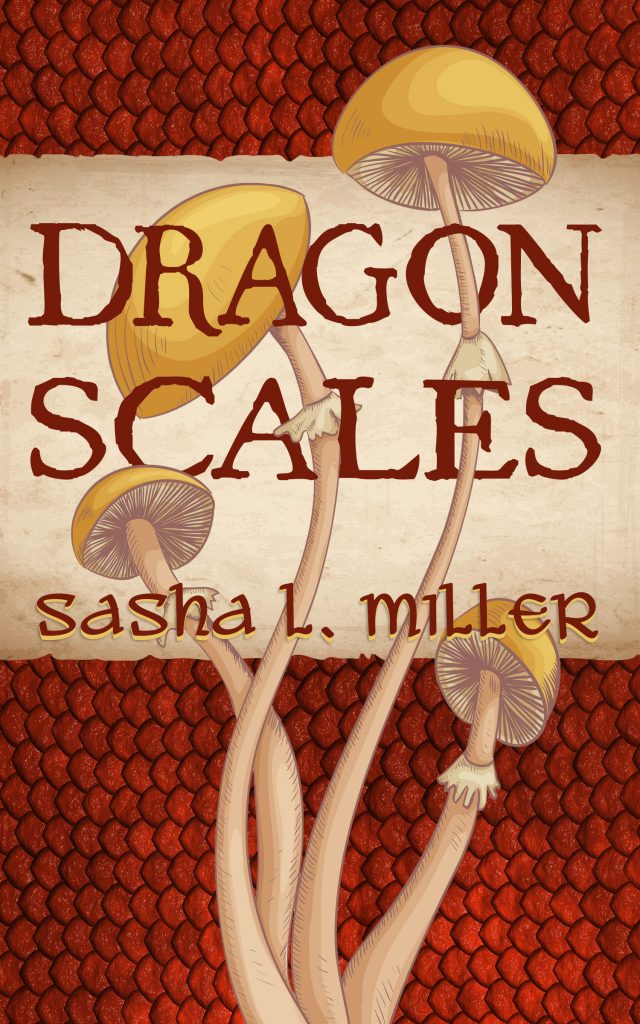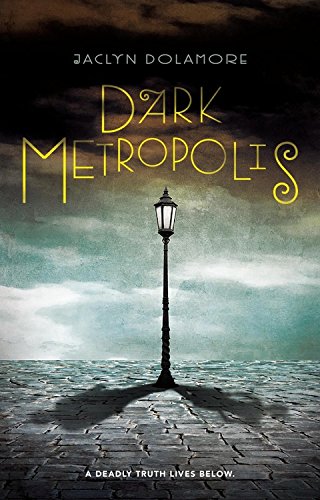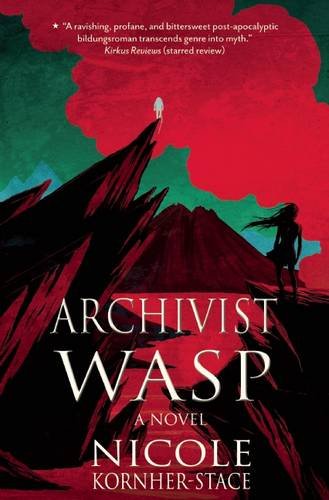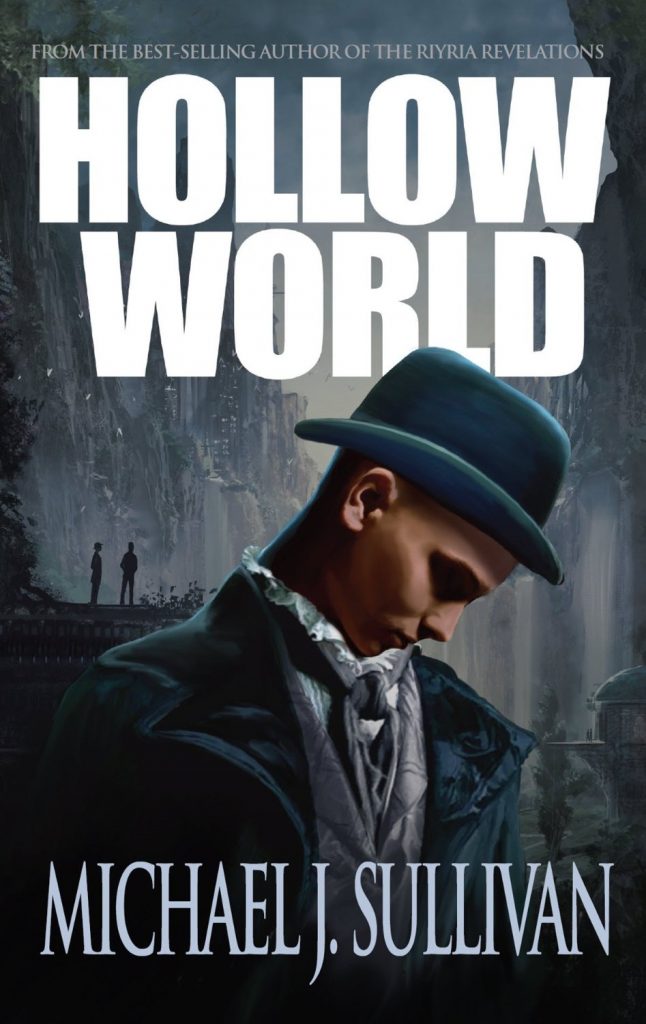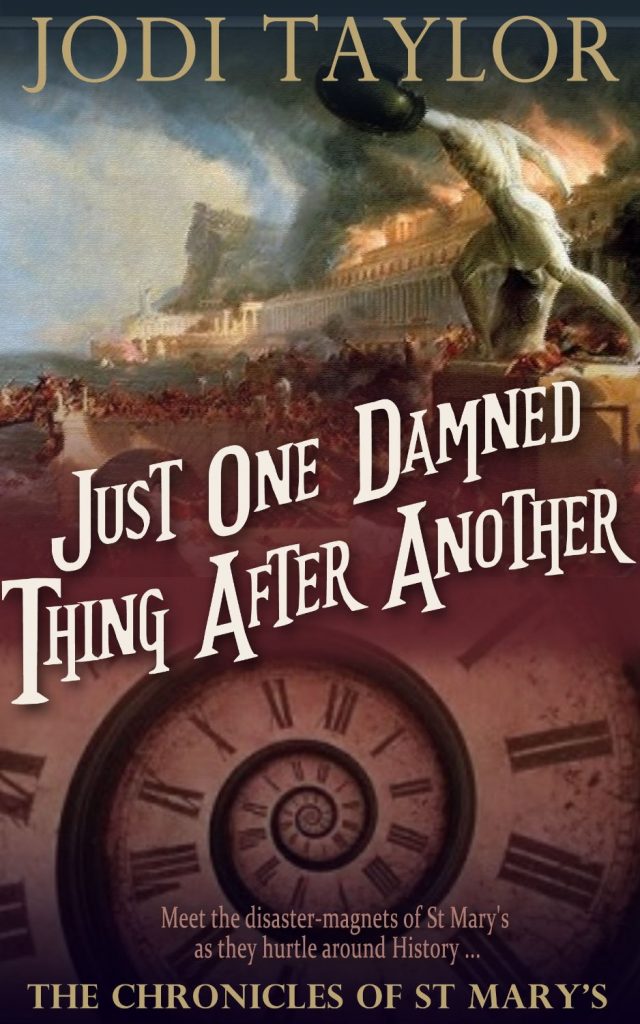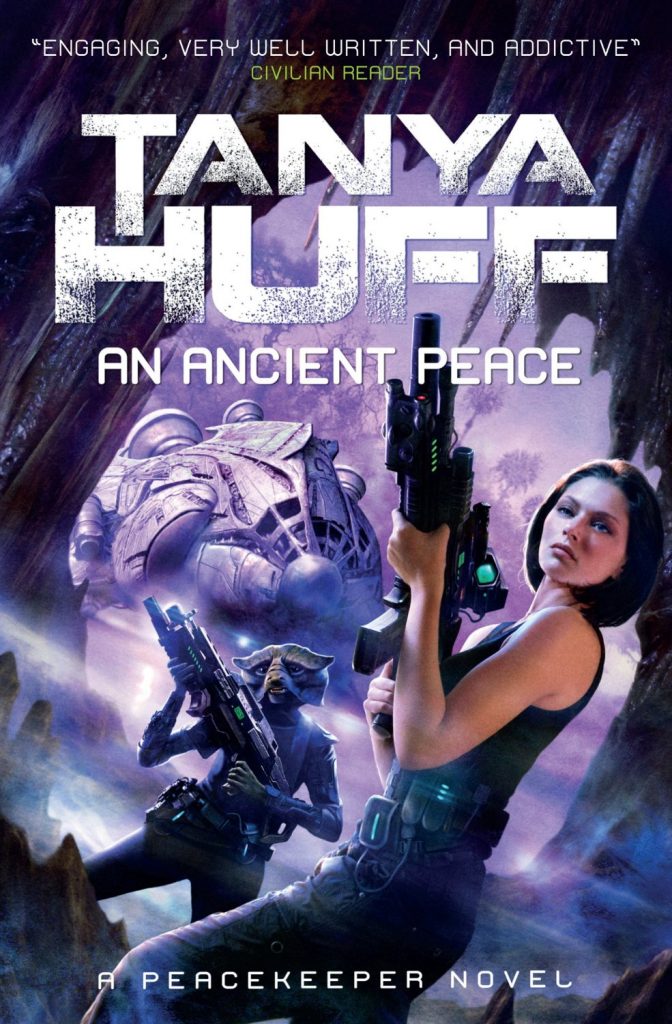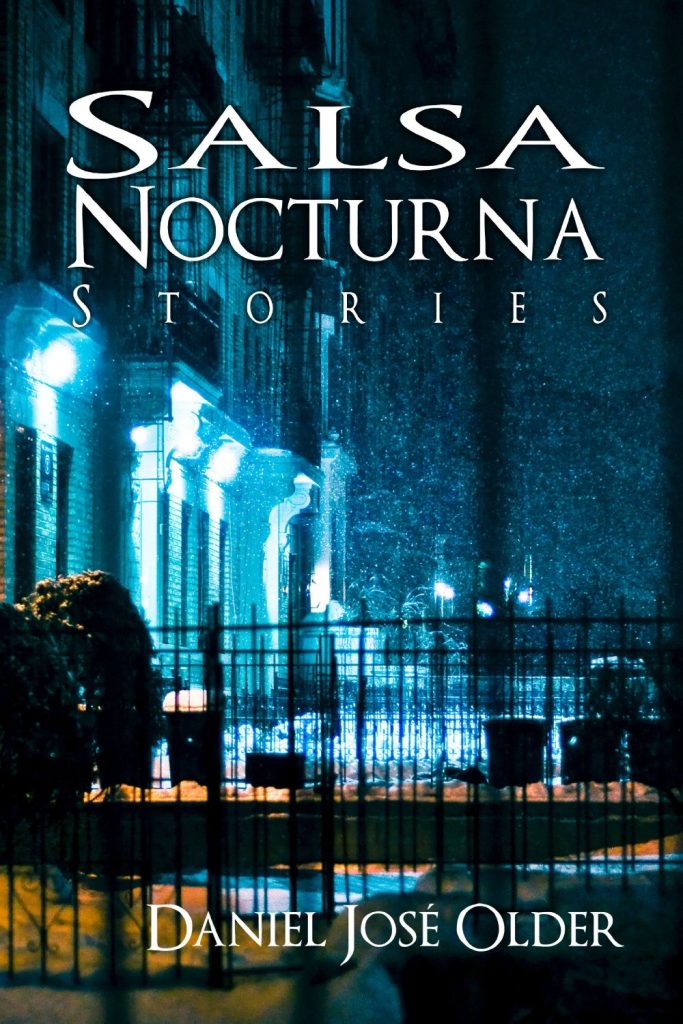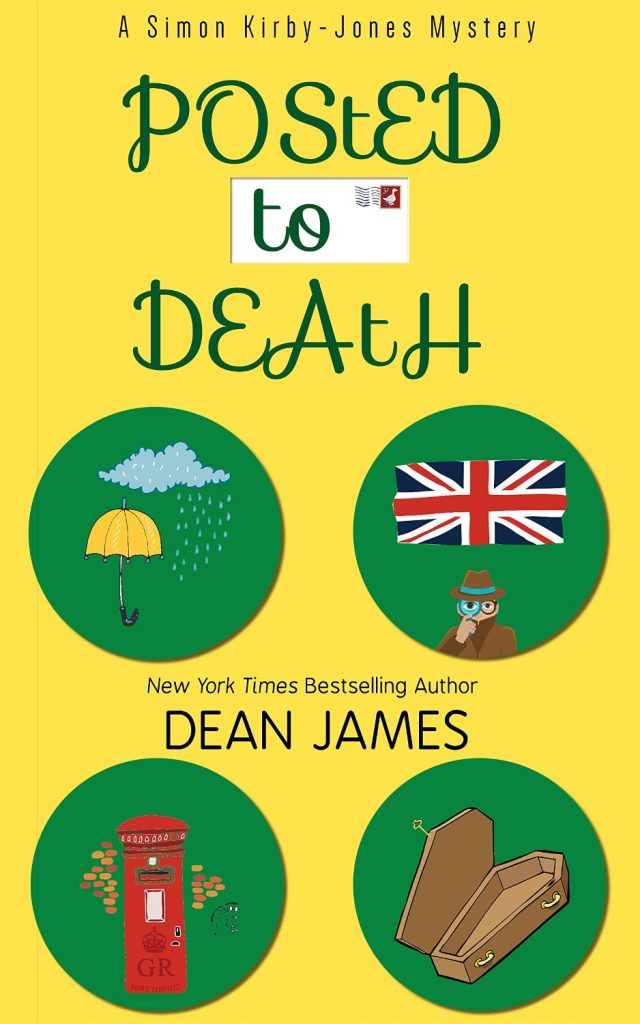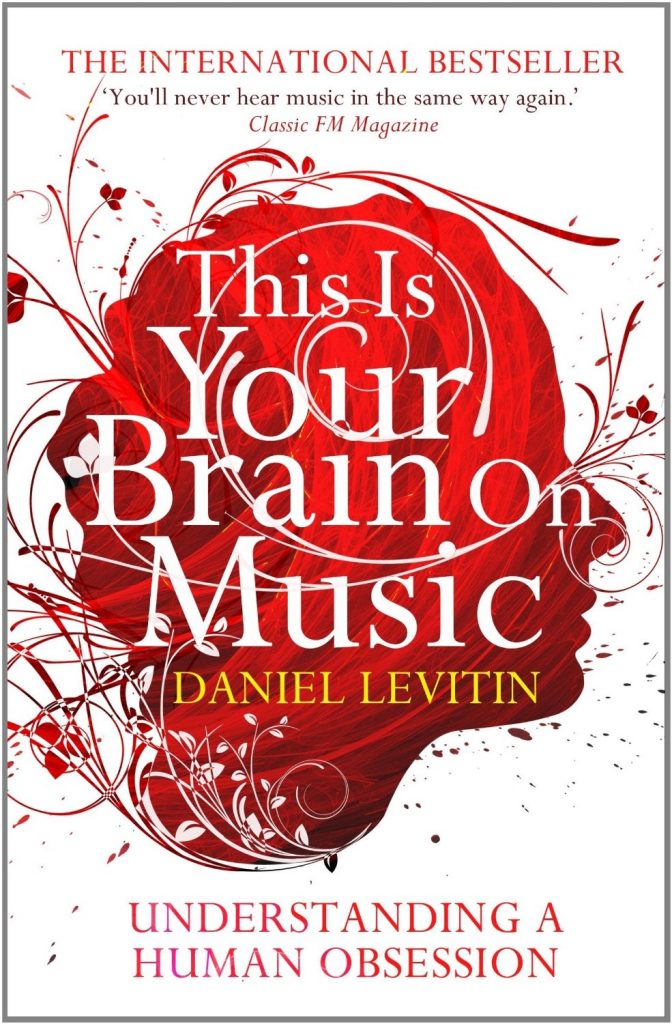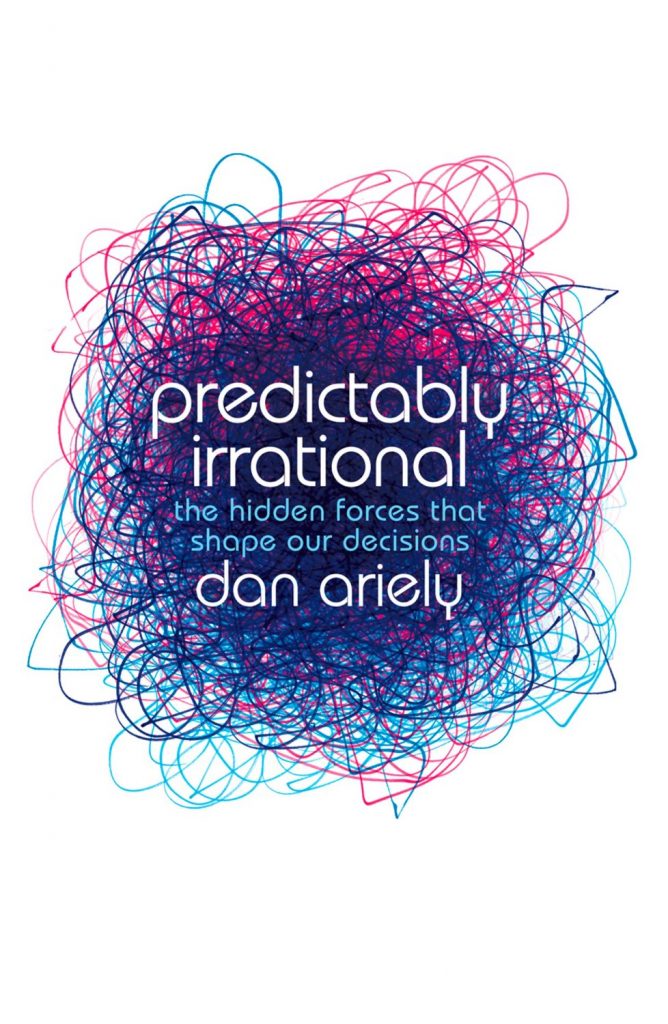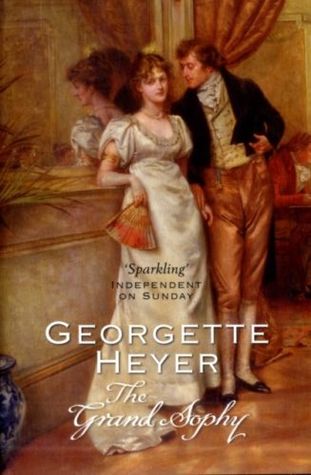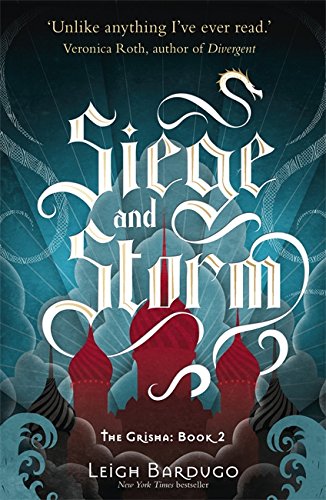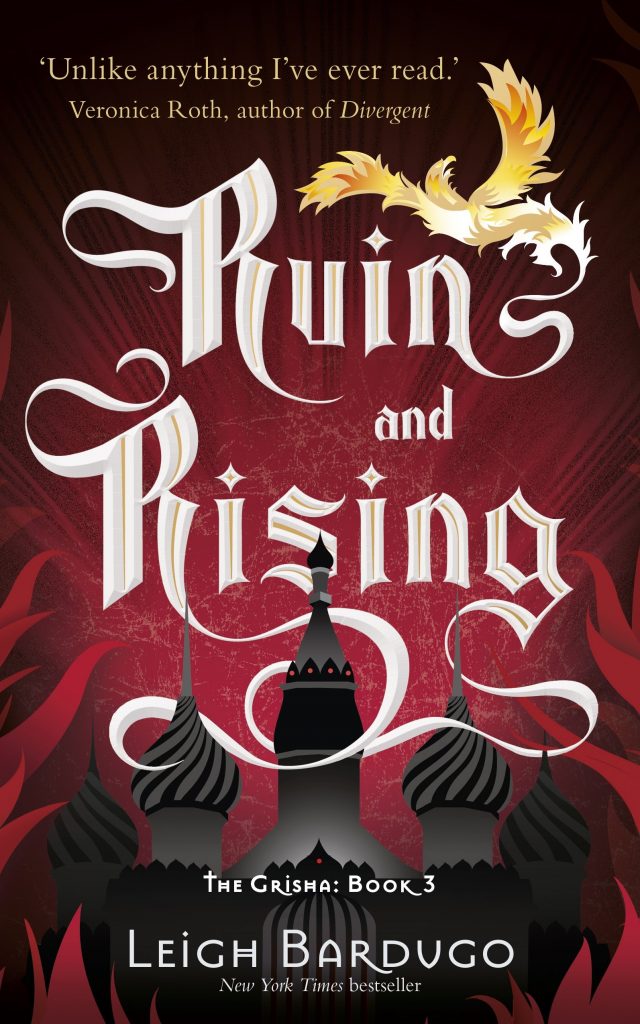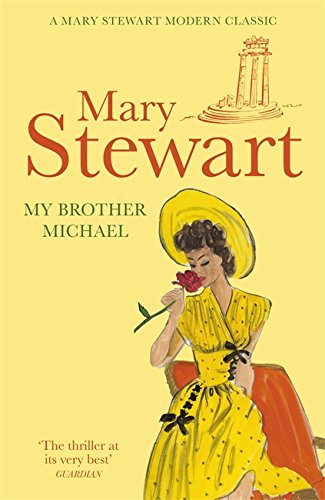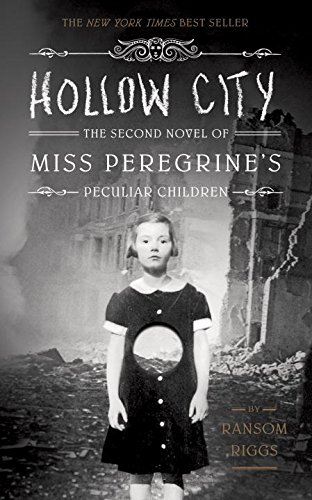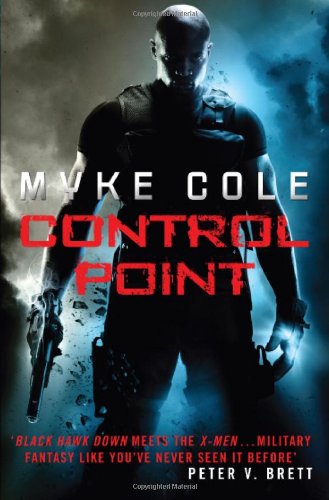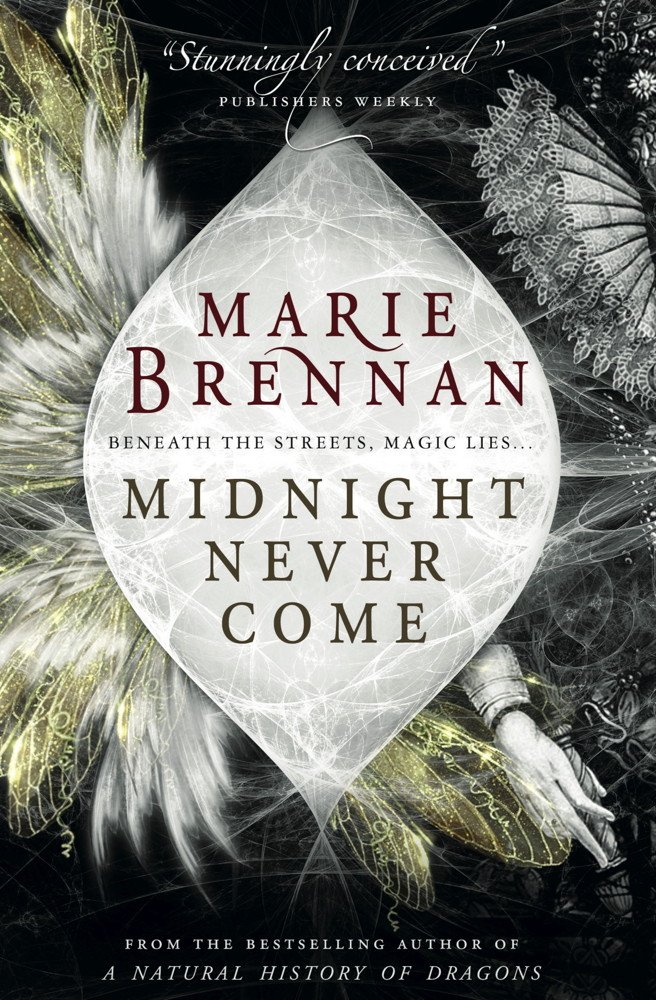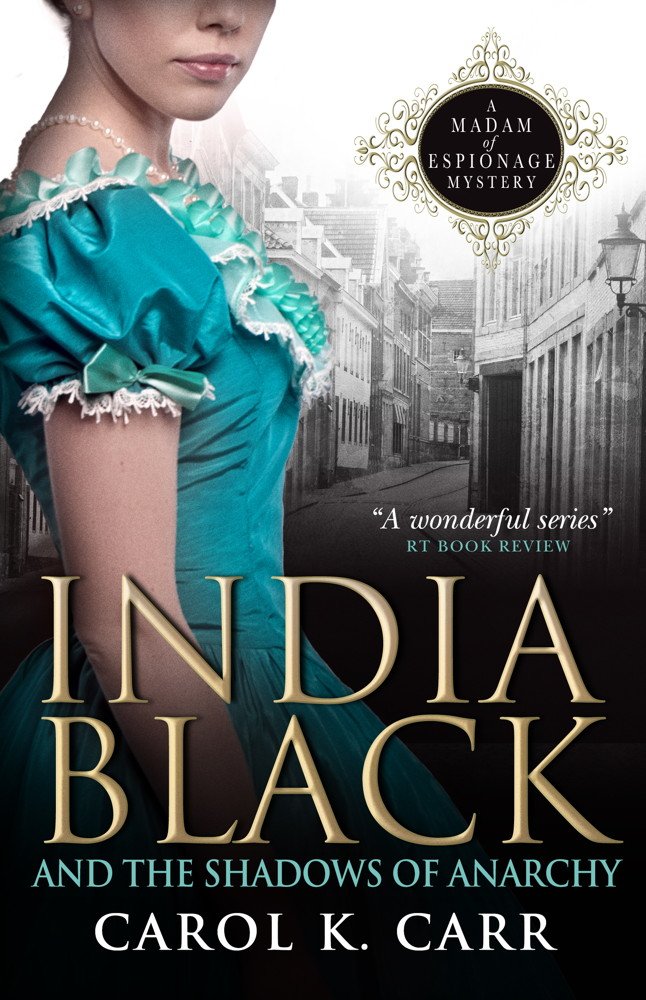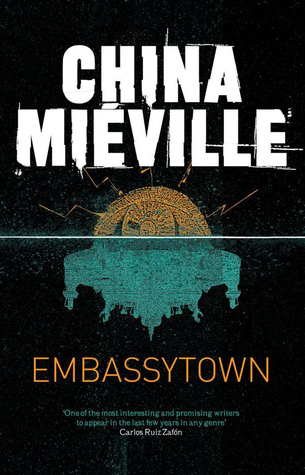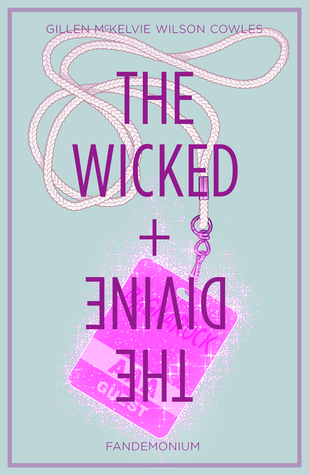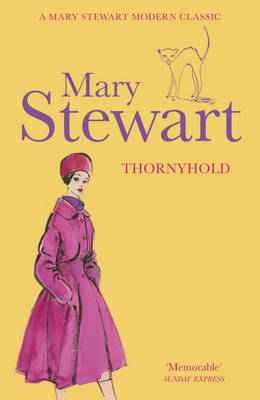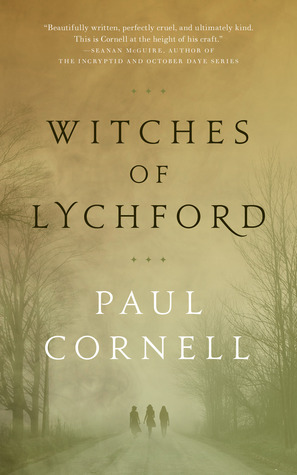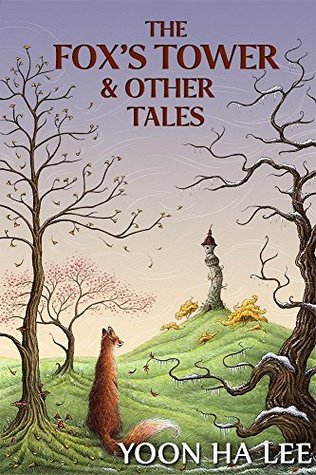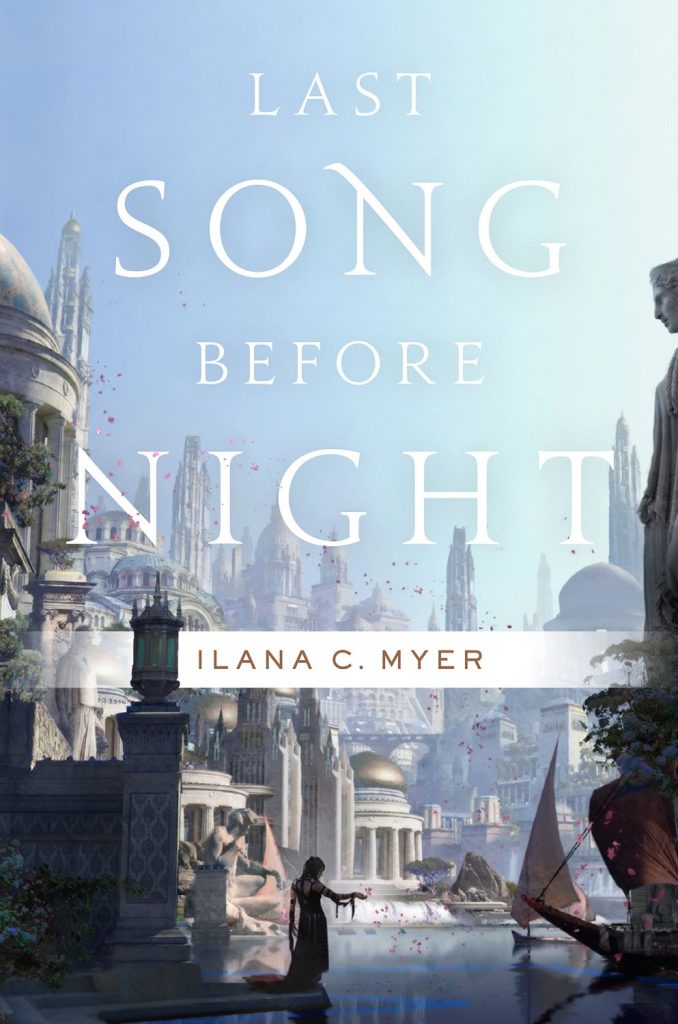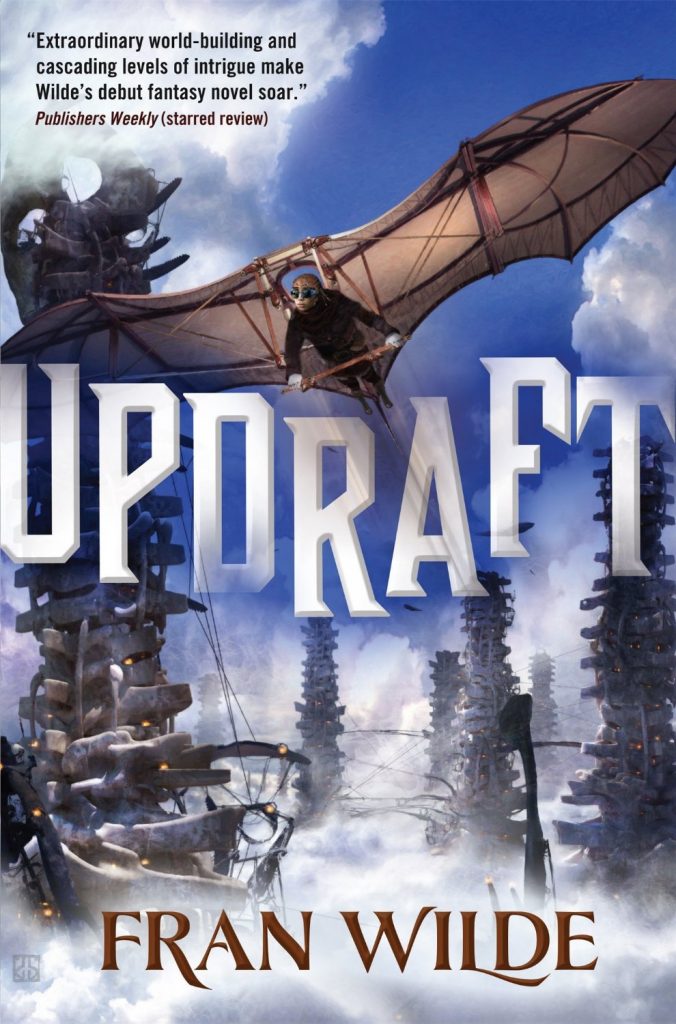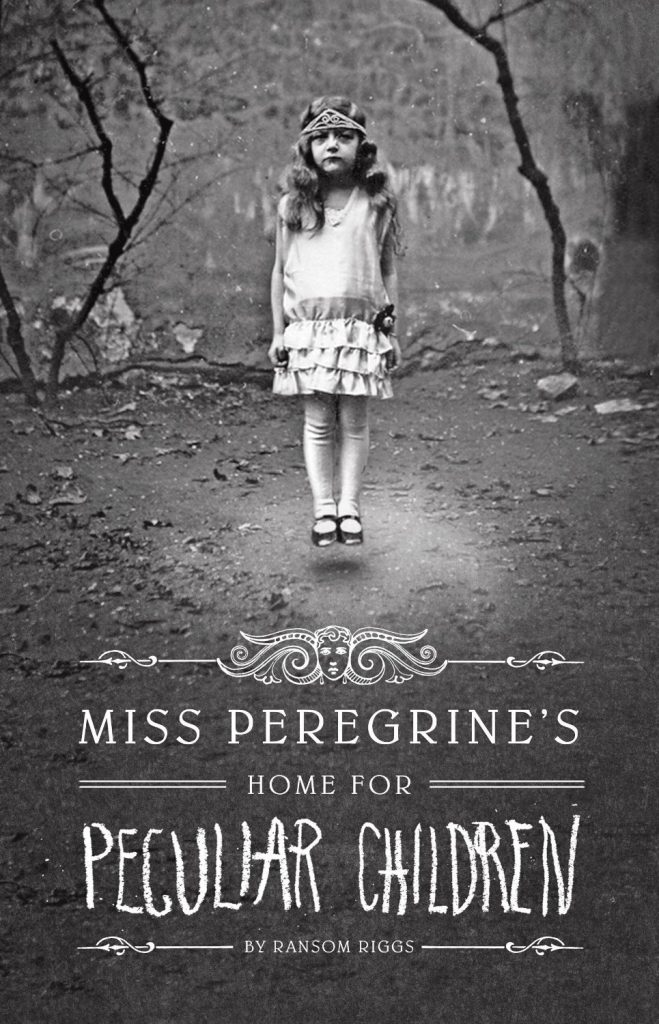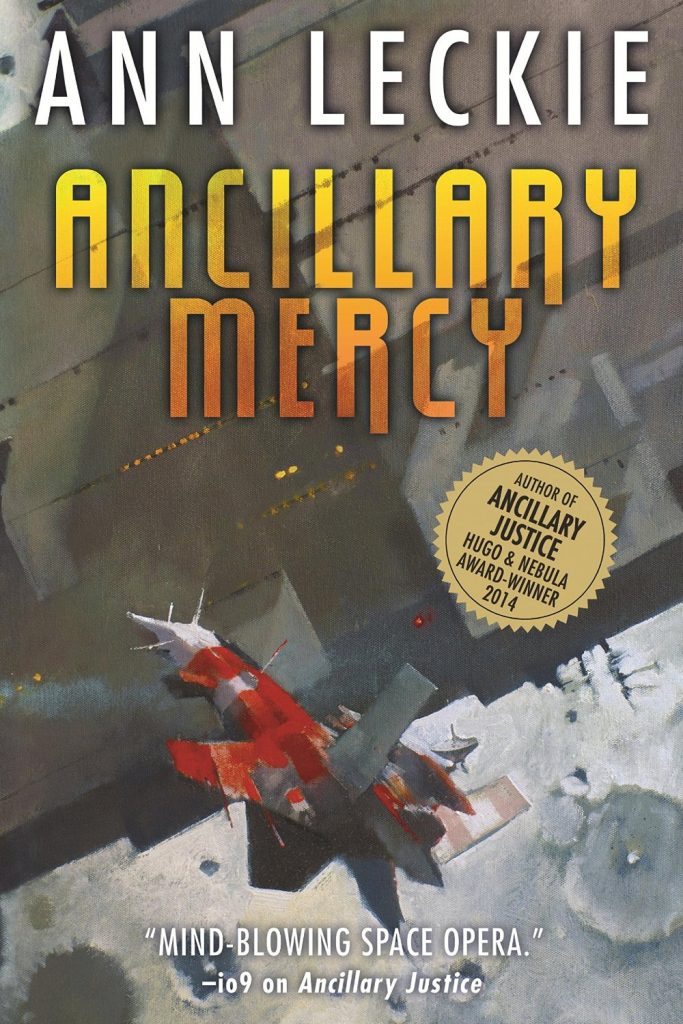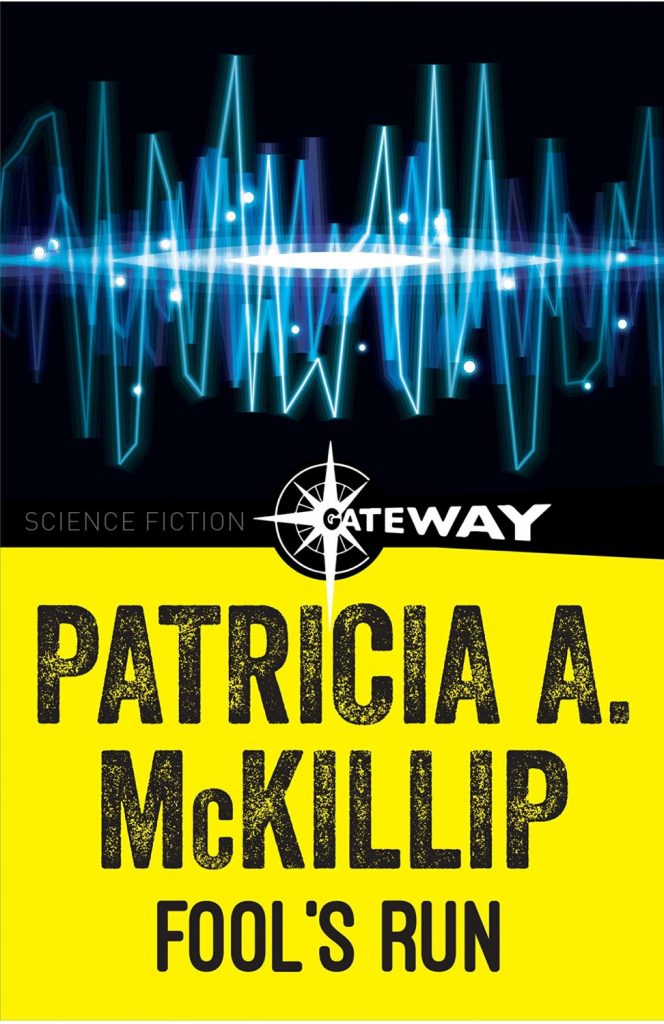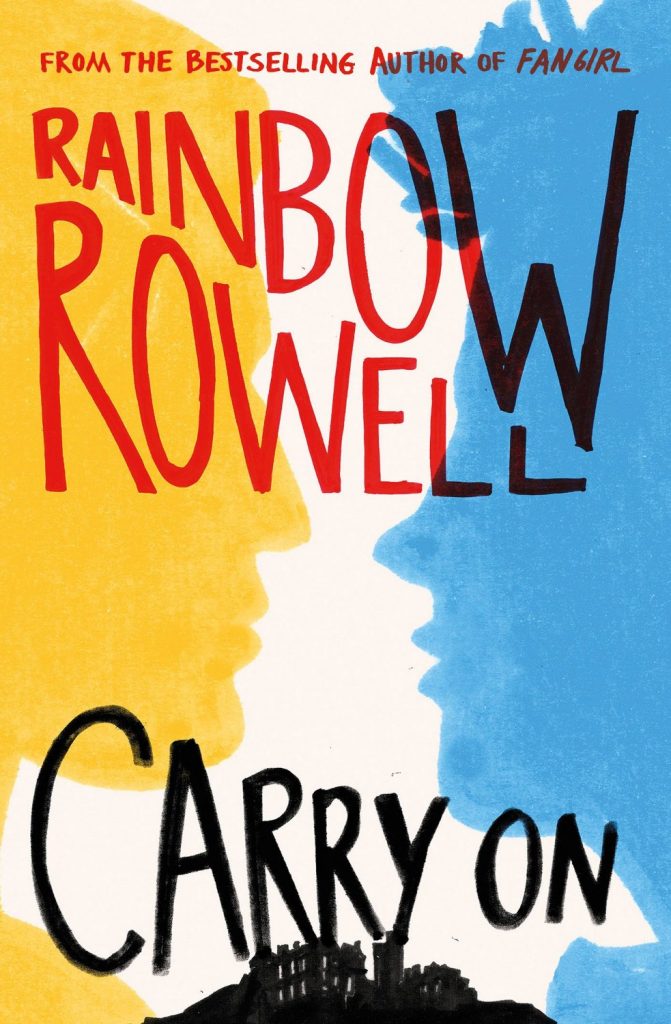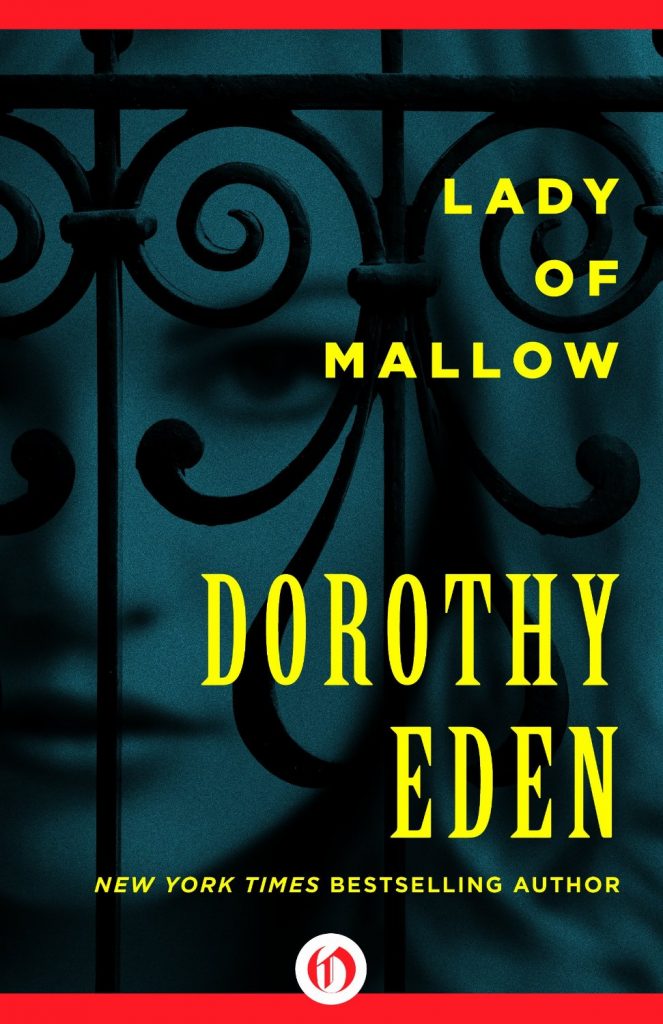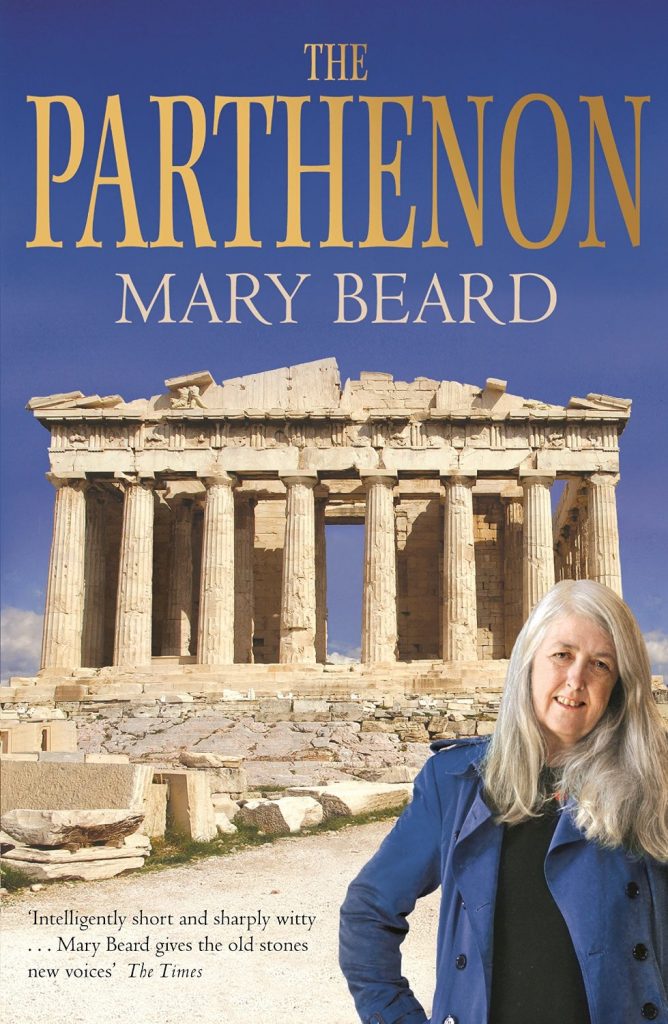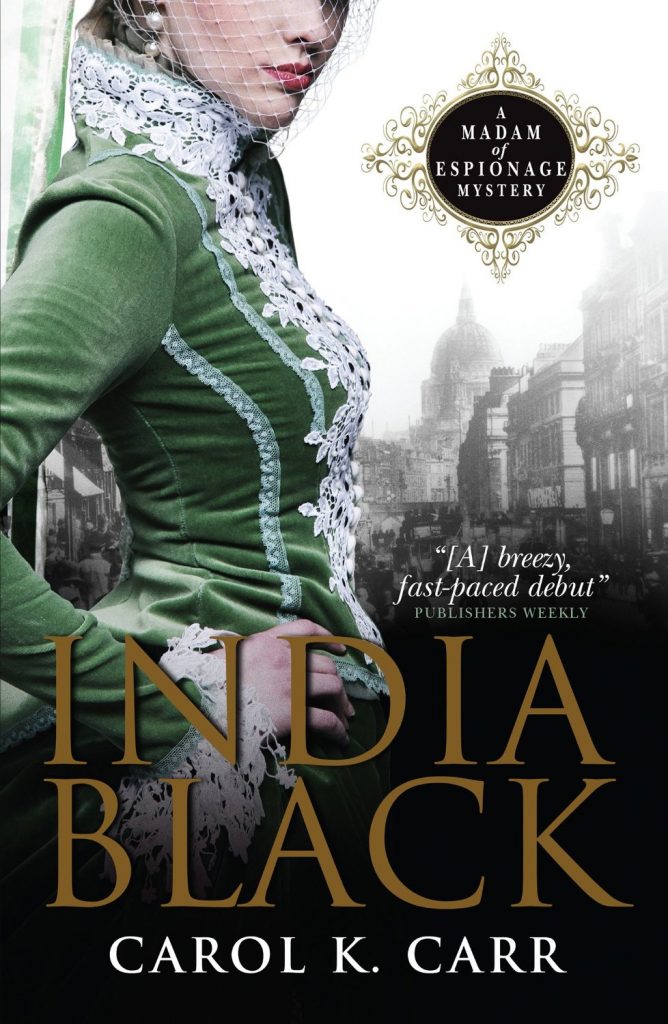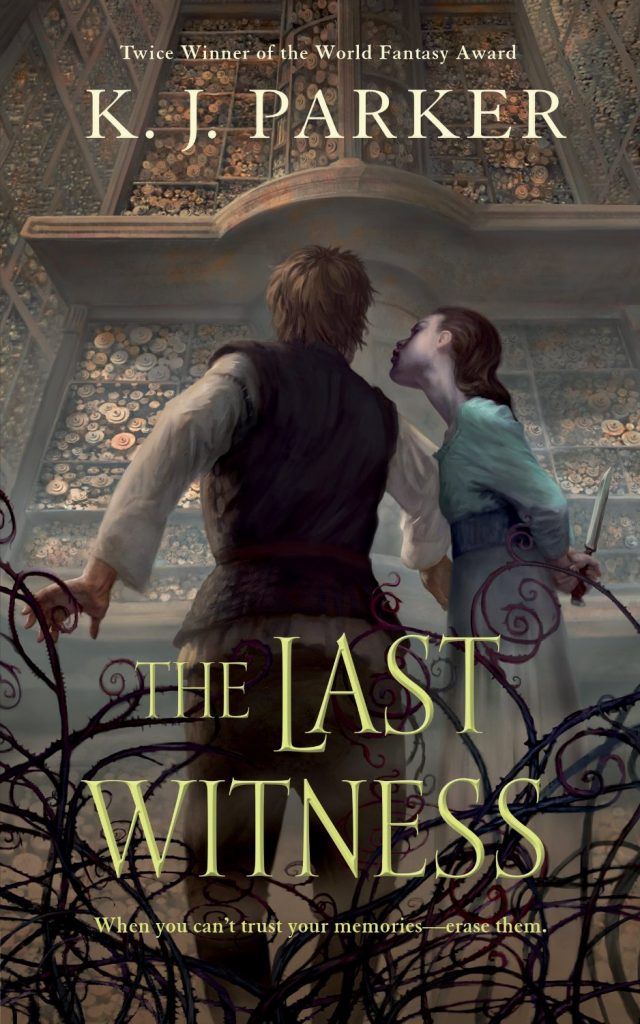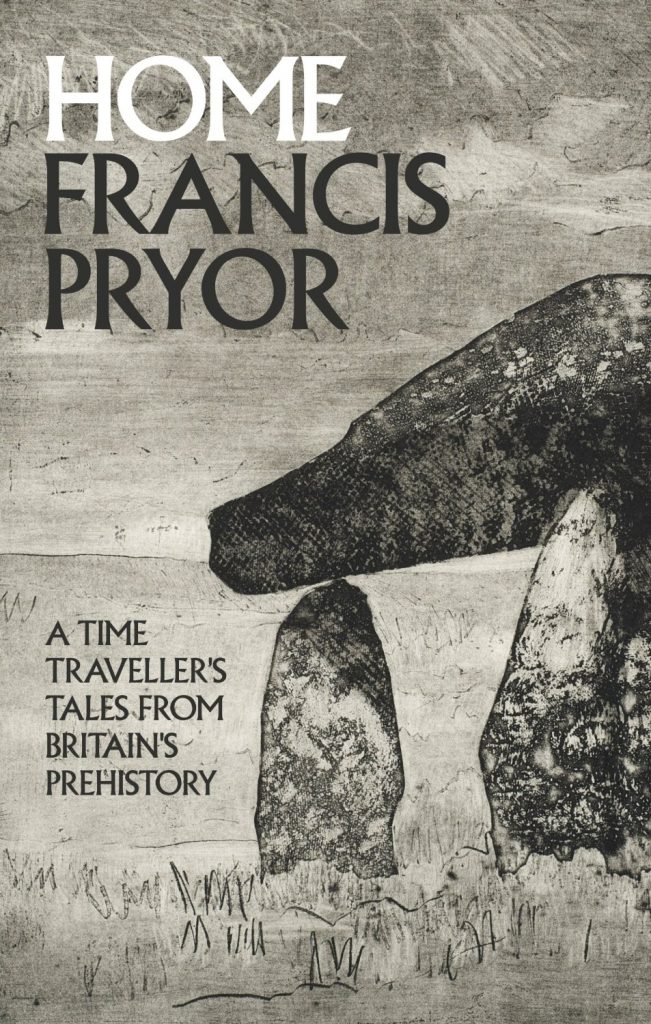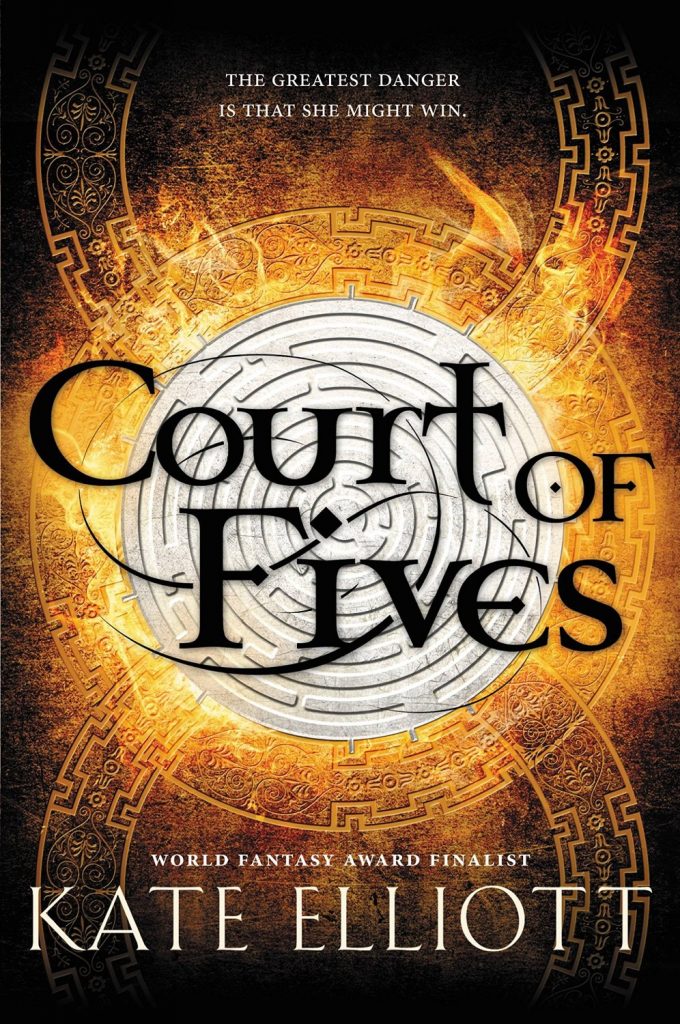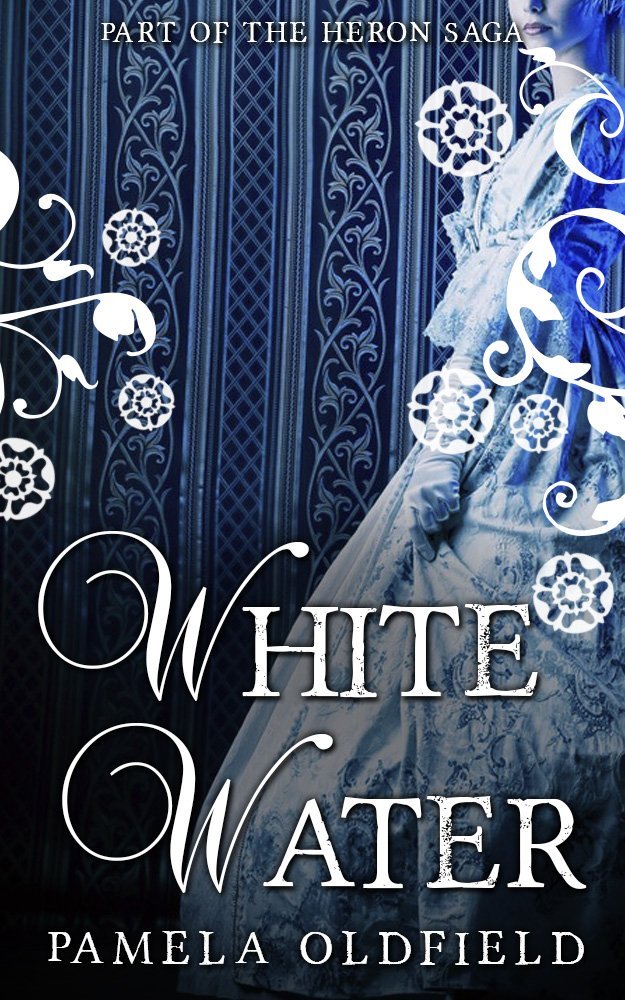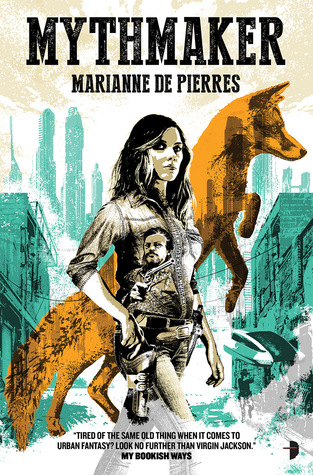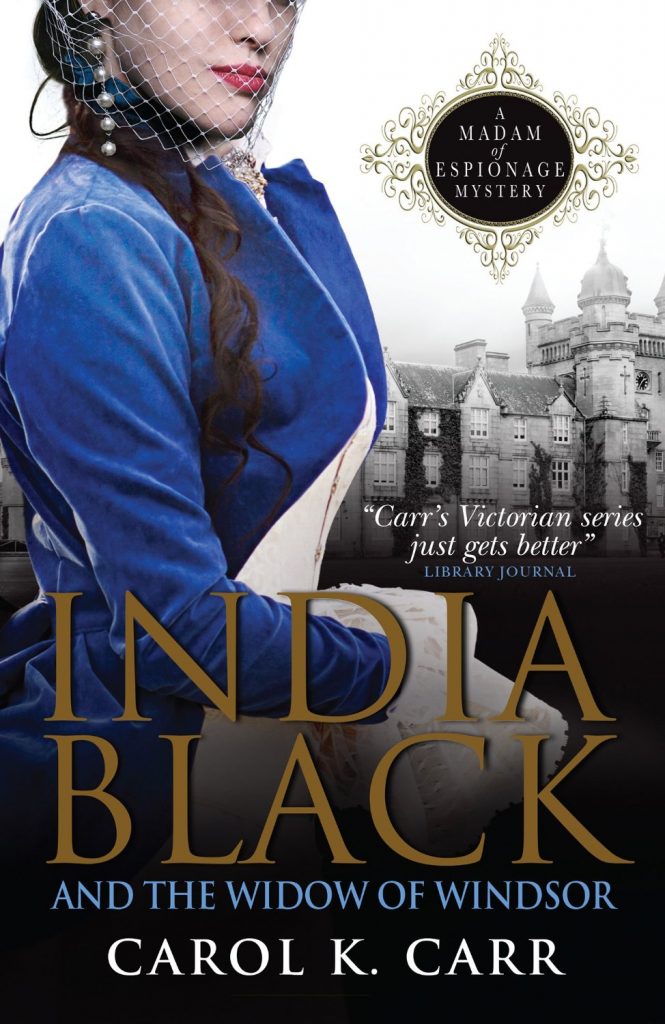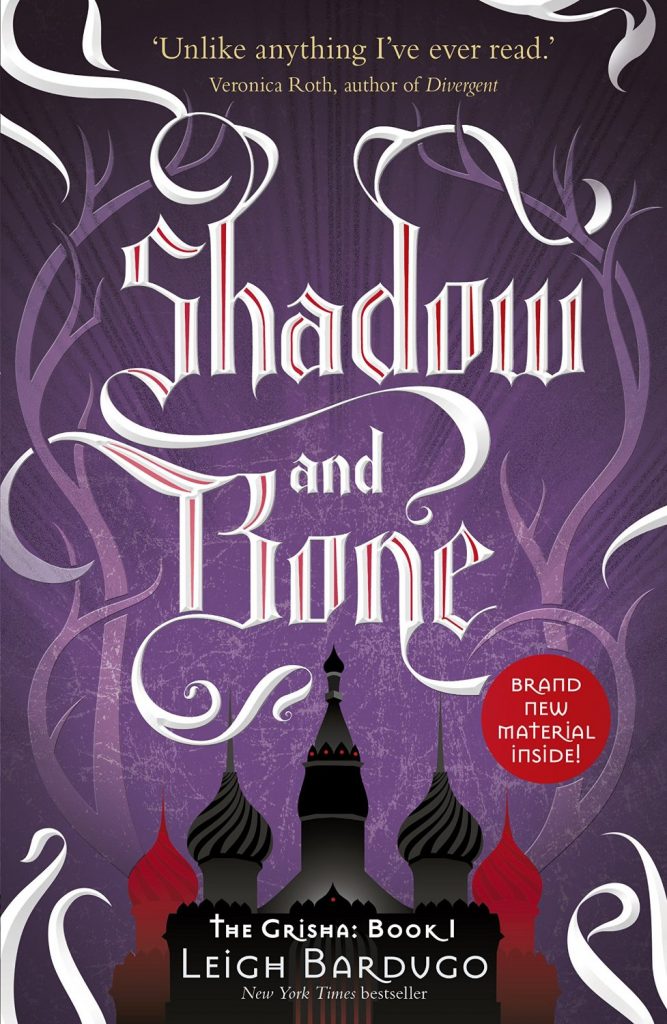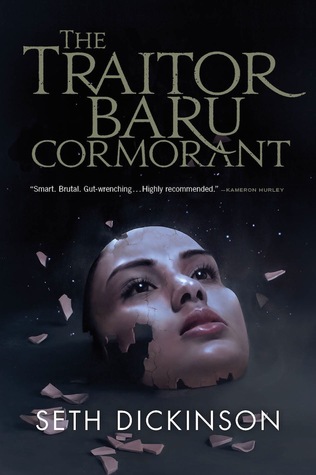 The Traitor Baru Cormorant, Seth Dickinson
The Traitor Baru Cormorant, Seth Dickinson
Received to review via Netgalley and a won proof copy
I first heard of this via Kameron Hurley’s enthusiastic response on Twitter, and requested it pretty much based on that. It was only later that I read critical reviews/thoughts, like Foz Meadows’ and Liz Bourke’s, and while it made me feel a little more wary, I decided I was going to give it a go anyway. And I did, and to me, that central thesis that this is a book with a message, “Homophobia Is Bad”, which brings the message across by all queer people being unhappy… isn’t true. Nobody here “suffer[s] unbearably because of their orientation”, but because of the imperialist, colonial reaction to their sexual orientation.
It’s not a Queer Tragedy story where the main character is gay and struggling. She’s not struggling because she’s gay. She’s struggling because the Empire of Masks believes that the customs of her homeland are wrong, she disagrees, and she is determined to fight it at whatever cost. Everything that happens to her is her choice. It would be more of a Queer Tragedy if she was eventually manoeuvred into the position she’s in at the end of the novel, if it wasn’t her choice. But it is. And I don’t think this is saying there’s no hope for Baru, either; yes, she has done some terrible things, betrayed every cause except the one closest to her heart. But she’s holding onto that. She’s not broken. She does not accept a gilded cage.
As for “the evil empire is too evil” criticisms… well. The British Empire used all these methods to assimilate colonies. Maybe not at the same time, in the same place, but they did. The issue is not whether those things are going on, but control of the information: these things do look very bad to us now, partly because we see them in our past and know the harm they caused, partly because we get a privileged view. If the Masquerade don’t publicise those things are happening, people might know that some of it is going on. They can write it off to bad management, to unfair application of policies, to a particular person being corrupted — rather than seeing it as a whole, a pattern, that defines the empire. That’s pretty clearly shown to be in effect here, as far as I can see. We see the Empire for what it is, and so does Baru with her carefully split and guarded identity, but just because we as readers can doesn’t mean we would’ve in real life when these things occurred.
And, a thought that I suspect is very uncomfortable for a lot of people, we don’t now. You can ignore an awful lot of shit when you’re not the one who directly faces it.
Anyway. Going back to just the story — I loved it. It’s a painful, wrenching story, and yes, it goes through the dark side of capitalism and colonialism a lot. It explores what one person has to do, has to change, to try and make a difference, and the pain it brings them. It’s really well written: this is a story with an accountant at the centre, as the hero, and yet her machinations are still as fascinating as any duel. It also deals with people being people: complex, split in their loyalties, unpredictable. Driven by emotion. I believed in every character here, and that they thought they were the hero of their own story.
I recommend it. Sending the proof copy to my sister ASAP, though I suspect she may kill me when she reads the end.
Rating: 5/5
